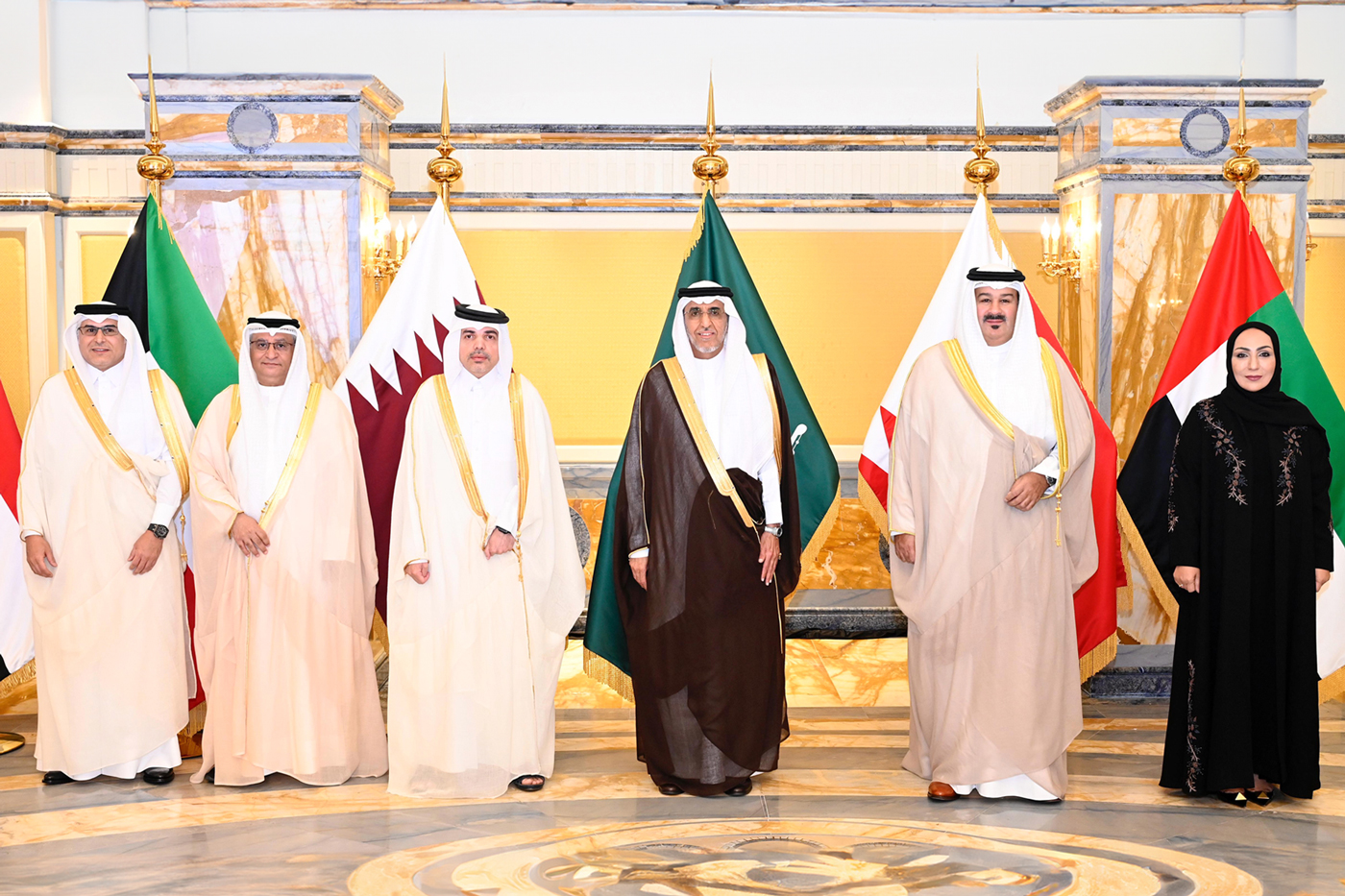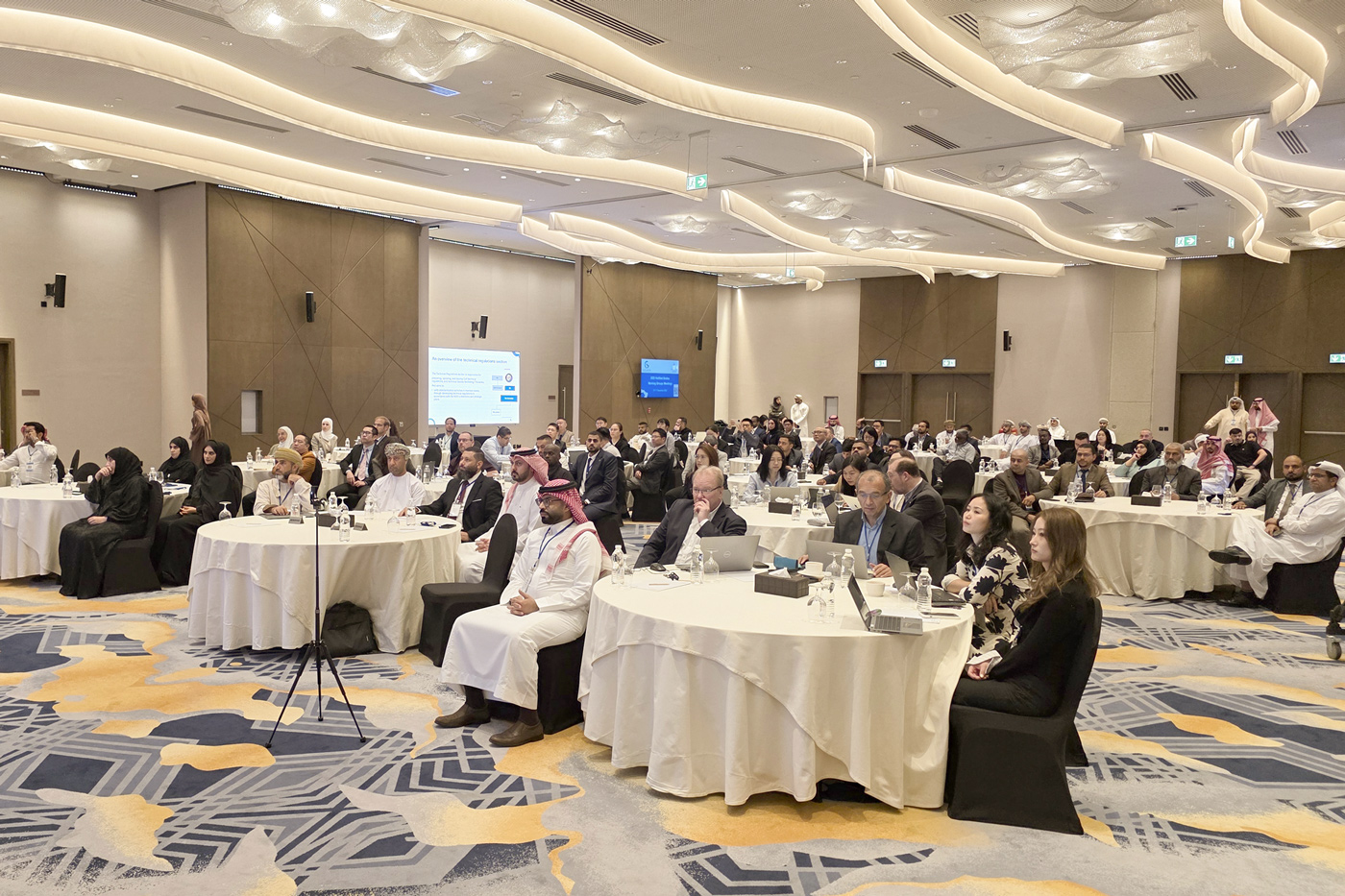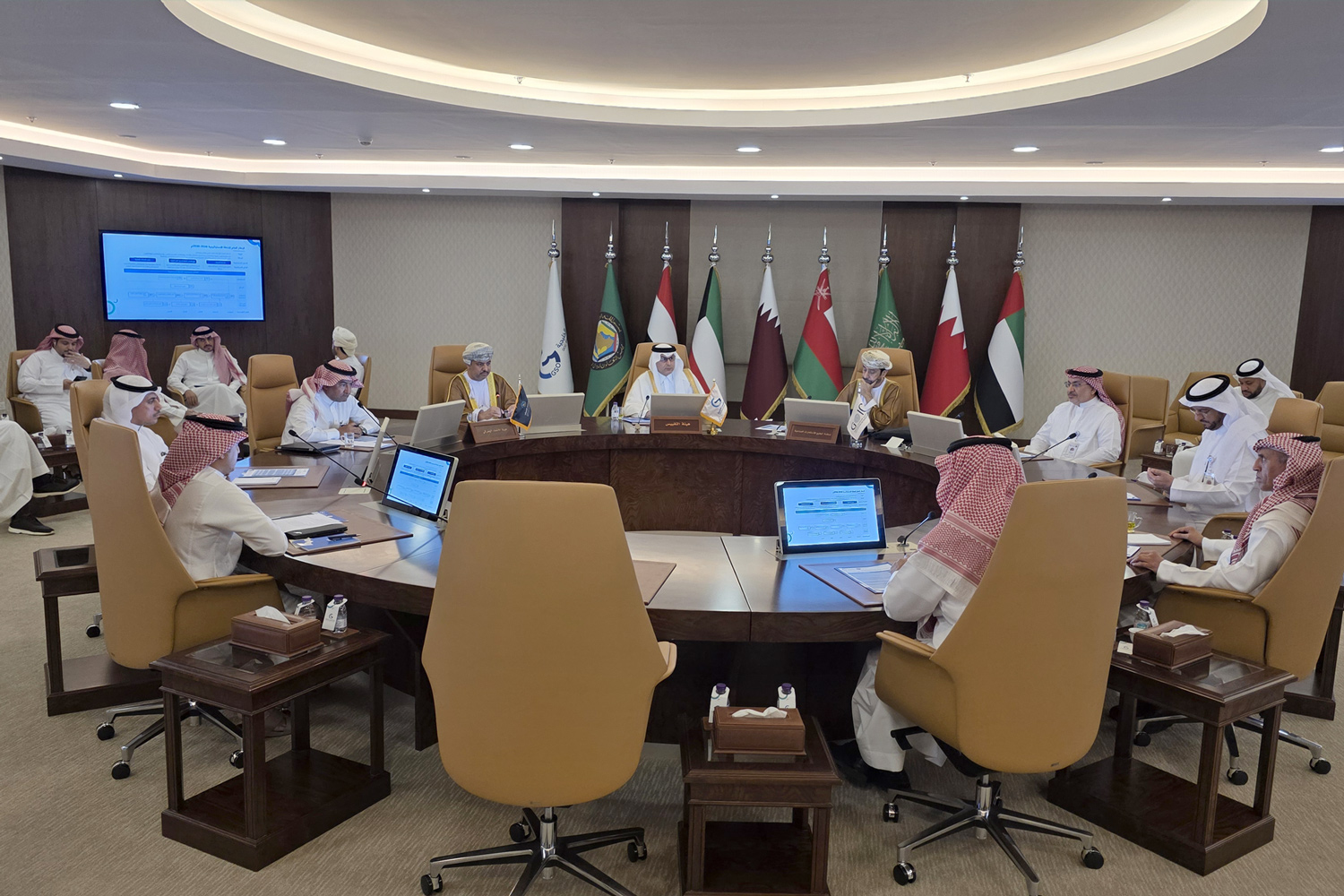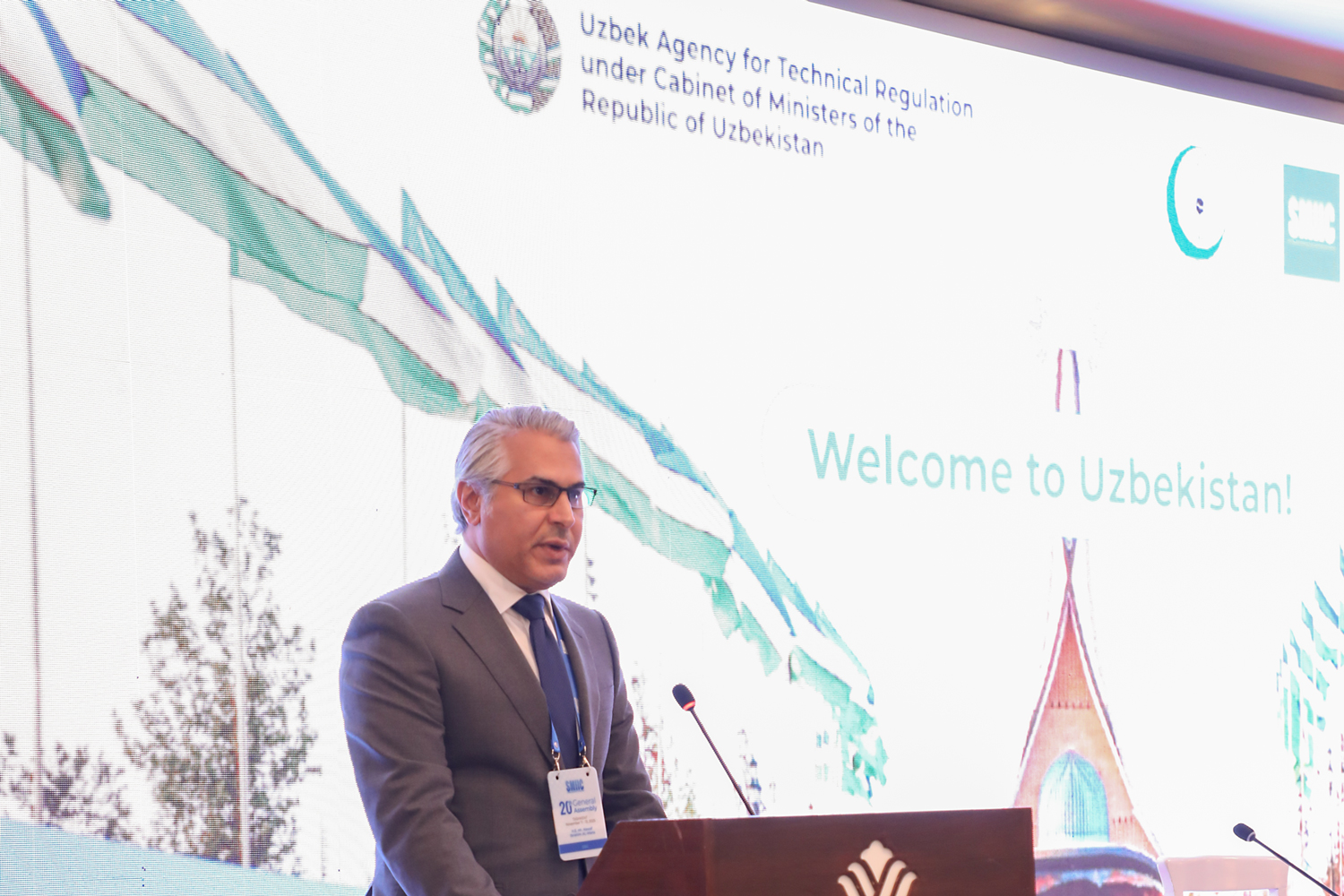GSO Technical Council Approves its New Strategy for 2026–2030 to Enhance Gulf Economic Integration

Kuwait, 14–15 October 2025
The Technical Council of the GCC Standardization Organization (GSO) has approved the GSO Strategy 2026–2030 at its 61st meeting held in Kuwait, paving the way for its formal adoption by the Ministerial Committee for Standardization Affairs in its upcoming session.
Marking a major milestone in the history of Gulf standardization, the new strategy represents an advanced step towards deepening Gulf economic integration. It places the empowerment of Gulf industries and the enhancement of their global competitiveness at the forefront of priorities through unified Gulf standards and an integrated conformity assessment system that strengthens confidence in the quality of Gulf products and expands their access to international markets.
Aligned with GCC Leaders’ Vision
His Excellency Eng. Nawaf bin Ibrahim Al-Mana, President of GSO, affirmed that the strategy aligns with the vision of the GCC Supreme Council and its direction to achieve comprehensive economic integration and strengthen the Gulf Common Market. It also responds to the guidance of Their Excellencies, members of the Ministerial Committee for Standardization Affairs, and complements the policies of the GCC General Secretariat in promoting intra-GCC trade, facilitating the flow of goods, and improving product quality and safety in line with global best practices.
Empowering National Standardization Bodies
H.E. Eng. Al-Mana highlighted that the new strategy consolidates GSO’s complementary role with national standardization bodies in issuing harmonized standards and technical regulations, integrated with conformity assessment and product safety services — the foundation of the economic system. It further aims to enhance market access for Gulf products through harmonization and governance of regulatory and technical frameworks while promoting capacity-building and experience exchange among member states.
A More Dynamic, Flexible Model
The GSO President added that the new five-year strategy adopts a more effective and flexible operating model, emphasizing industrial empowerment through standards, technical regulations, metrology, and unified market surveillance programs. This approach boosts global confidence in Gulf products, supports exports, and strengthens regional competitiveness through clear, measurable procedures and indicators.
Integrated Partnerships and Capacity Building
H.E. Al-Mana stated that the GSO Strategy 2026–2030 builds on integrated partnerships with national standardization bodies to develop harmonized standards, improve operational efficiency, and strengthen institutional effectiveness. It aims to enhance quality of life and consumer safety, accelerate the impact of standardization on the industrial sector, and promote innovation and sustainability through digital transformation, human capacity development, and financial sustainability.
Strategic Initiatives and Halal Development
He adds that the new strategy encompasses ten strategic objectives, measured by twenty KPIs and implemented through nineteen targeted initiatives impacting markets, industry, and consumers across the GCC. Key projects include:
- Expanding the scope of Gulf technical regulations to new priority sectors;
- Enhancing conformity assessment and product safety services;
- Developing the Gulf System for Halal Products and Services, which aims to unify Halal standards and controls to ensure product quality and reinforce the GCC’s position in Islamic and global markets.
This initiative supports Gulf food and pharmaceutical industries, aligning with the directives of the GCC General Secretariat and the highest standards of quality and Sharia compliance.
Supporting Sustainability and Product Safety
Product safety remains a top strategic priority. The new plan strengthens the balance between technical requirements and conformity services, raising efficiency through the Gulf Conformity Mark and certification systems. It contributes to the transition towards a sustainable green economy, including initiatives on energy efficiency for vehicles and appliances, tire labeling, and water conservation, all designed to optimize resource use and support environmental sustainability.
Economic Impact and Future Outlook
“The new strategy is expected to reduce compliance costs, increase confidence in Gulf products, and minimize product recalls by harmonizing technical requirements and enhancing market surveillance. It will also boost industrial competitiveness, attract investments, and create high-value jobs in standardization, testing, accreditation, and digital transformation, while improving member states’ rankings in international competitiveness and quality infrastructure indices”, Eng. Al-Mana said.
In conclusion, H.E. Eng. Nawaf Al-Mana emphasized that the GSO Strategy 2026–2030 represents a shared Gulf vision toward building a more efficient, competitive, and sustainable economy, in close coordination with member states and through genuine partnerships with public and private sectors, regional, and international organizations, strengthening the Gulf region’s position on the global economic map.



